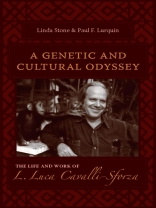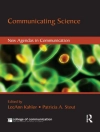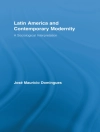Drawing links between genetic and cultural development, Cavalli-Sforza developed groundbreaking techniques to trace the evolution of Homo sapiens and the origins of human differentiation, in addition to his earlier work in bacterial genetics. He is also the founder of the Human Genome Diversity Project and continues to work as the principal investigator at Stanford University’s Human Population Genetics Laboratory. Based on extensive research and interviews with Cavalli-Sforza and his colleagues, this biography examines the scientist’s life and his immense and occasionally controversial contributions to genetics, anthropology, and linguistics.
Tabla de materias
Preface
1. Science and Society, Genes and Culture
2. From Medicine to Bacterial Genetics (1943–1960)
3. The Shift to Human Populations (1952–1970)
4. Excursions into Human Culture (1970– )
5. Genes, Languages, and Human Prehistory (1970– )
6. On to DNA Polymorphisms and the Y Chromosome (1984– )
7. The Human Genome Diversity Project (1991– )
8. The Legacy
Glossary
References
Index
Sobre el autor
Linda Stone is professor of anthropology at Washington State University. She is the author of
Gender and Culture in America(with Nancy P. Mc Kee);
Kinship and Gender: An Introduction; and Illness Beliefs and
Feeding the Dead in Hindu Nepal. She lives in Pullman, Washington. Paul Lurquin is professor of genetics at Washington State University. He is the author of
The Green Phoenix: A History of Genetically Modified Plants;
High Tech Harvest: Understanding Genetically Modified Food Plants; and
The Origins of Life and the Universe; and
Genes and DNA (with Charlotte Omoto). He lives in Pullman, Washington.












